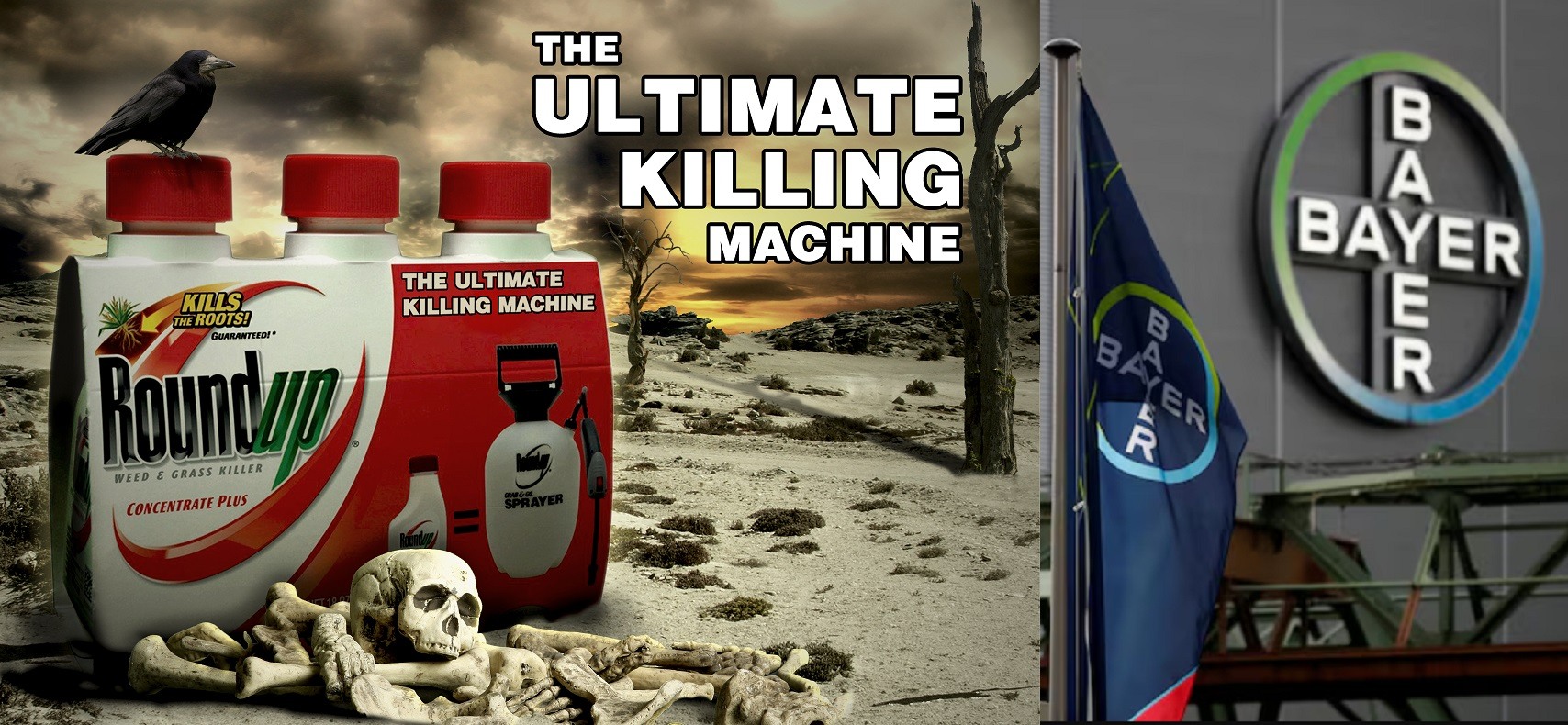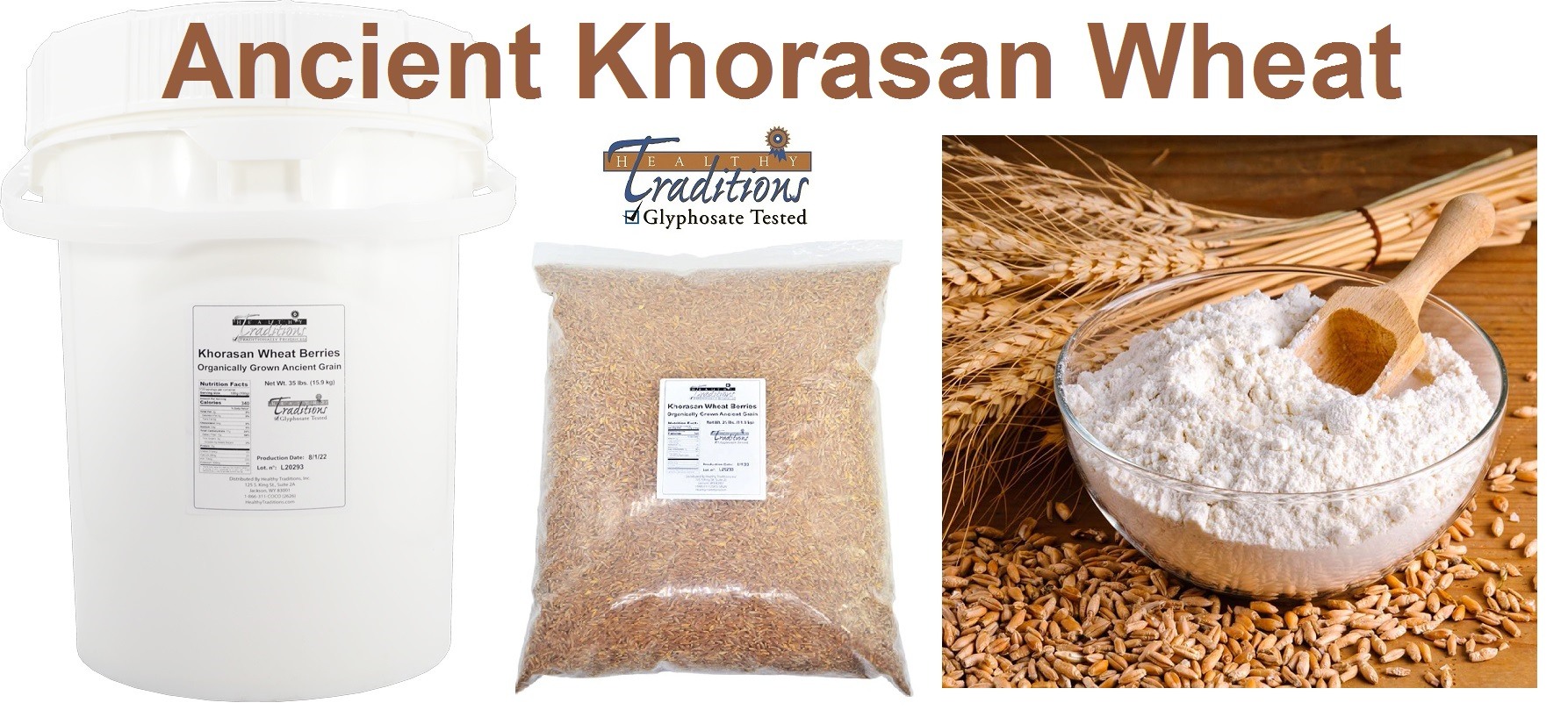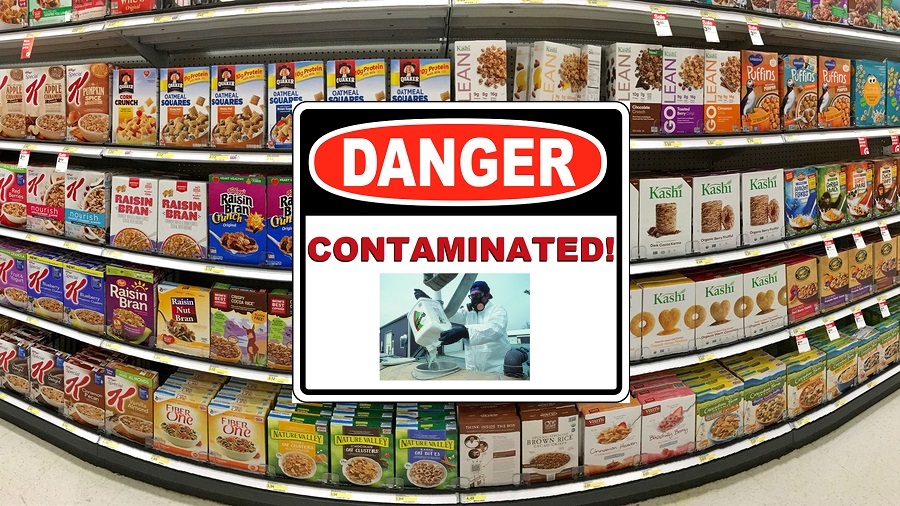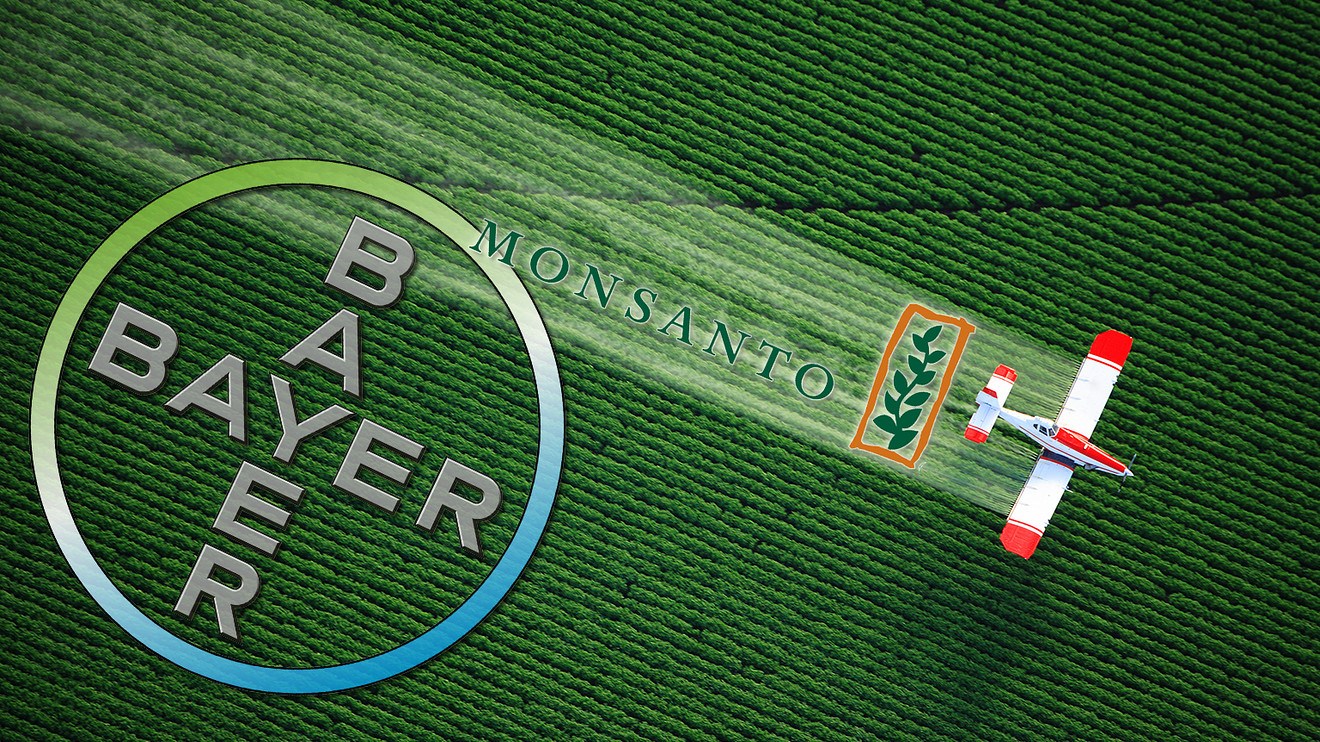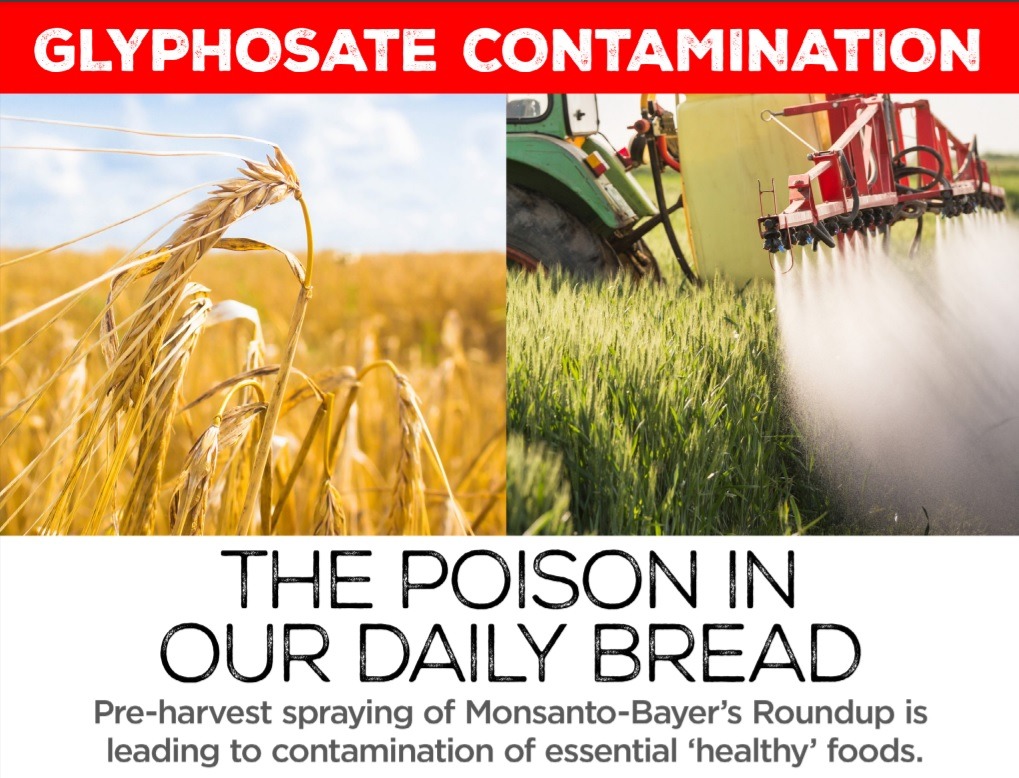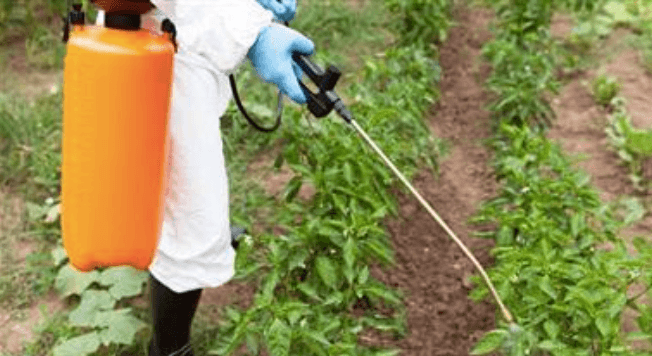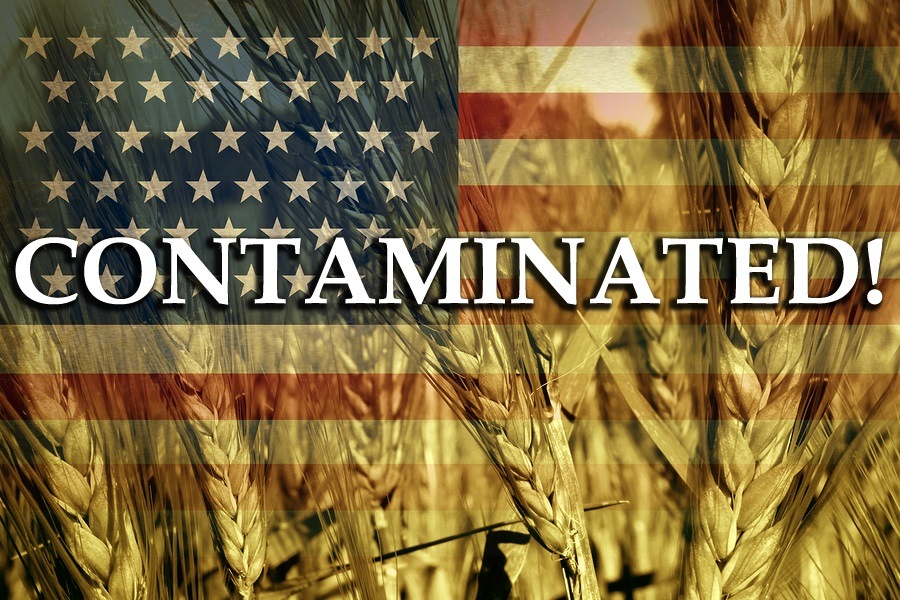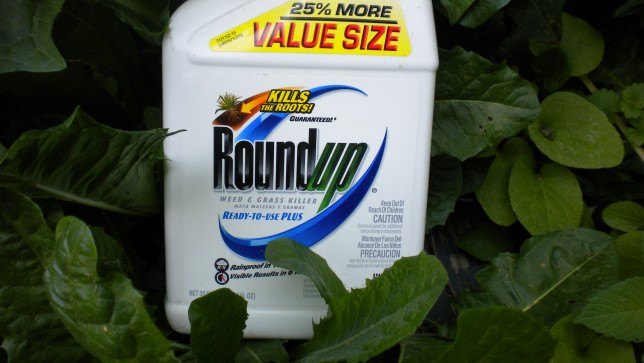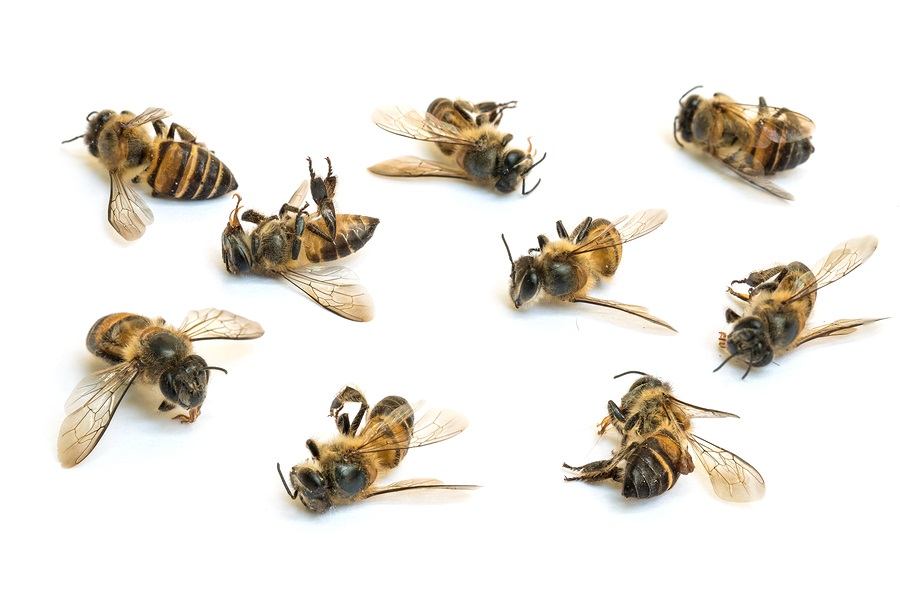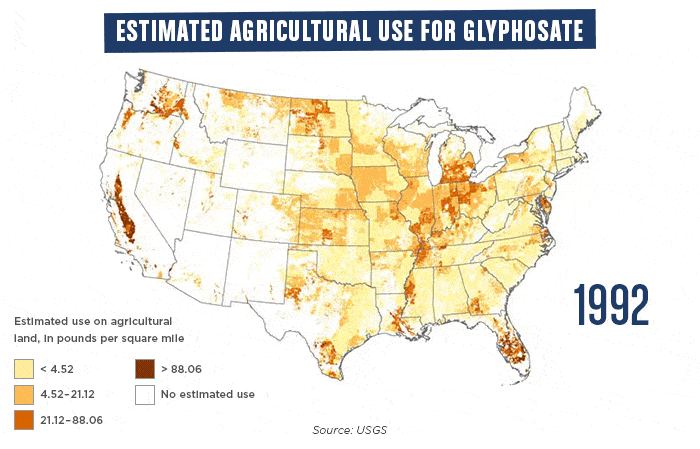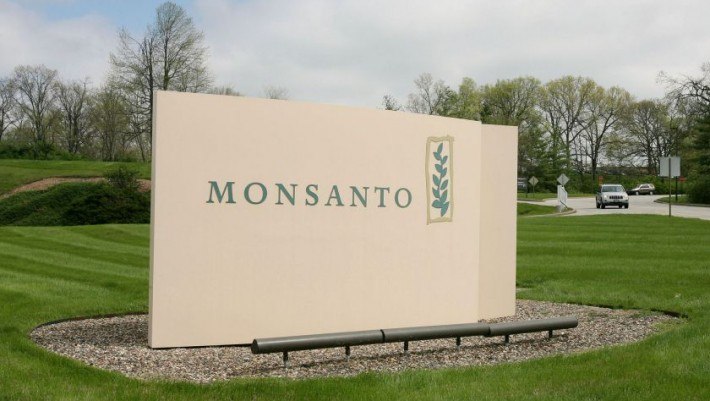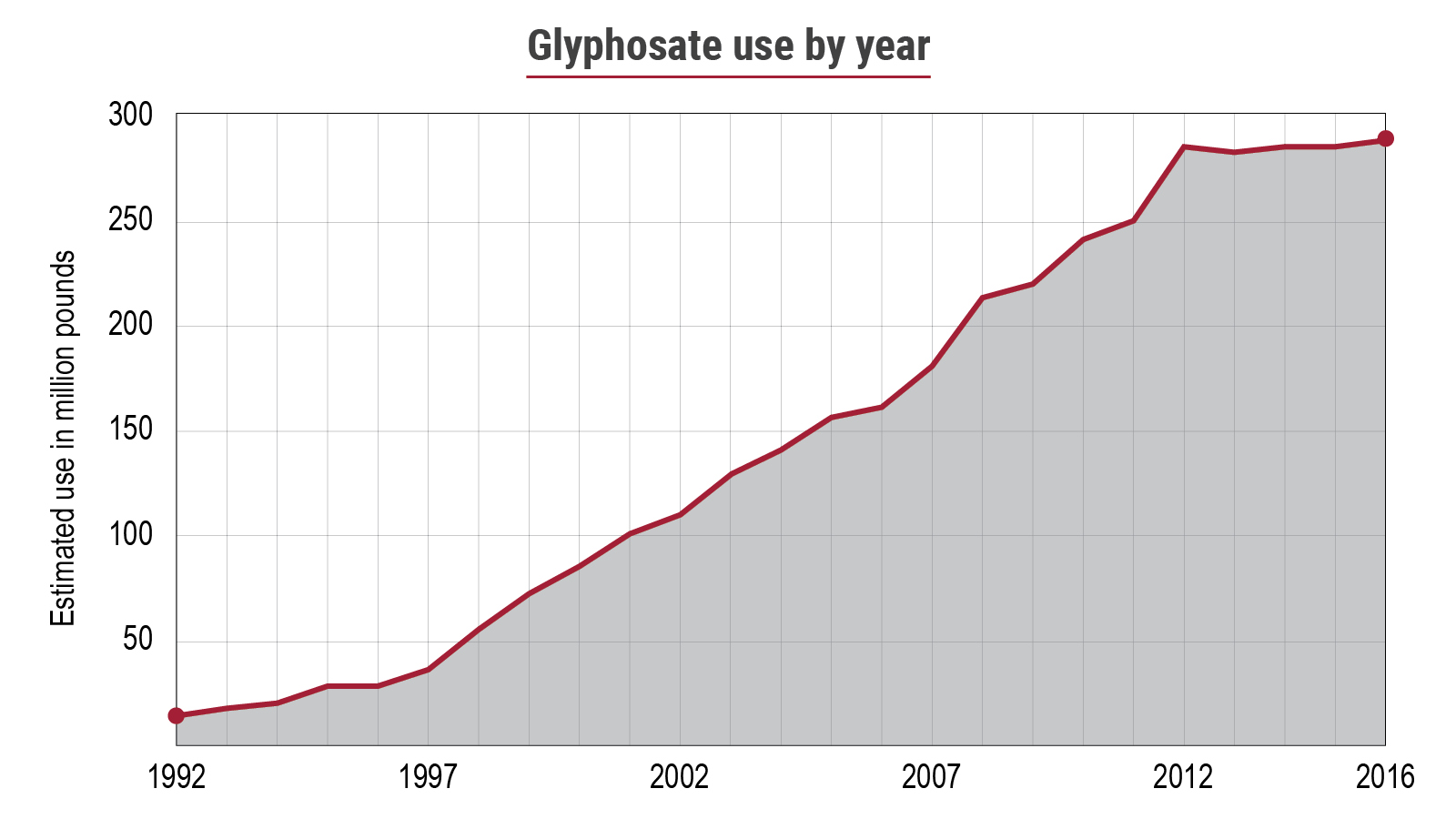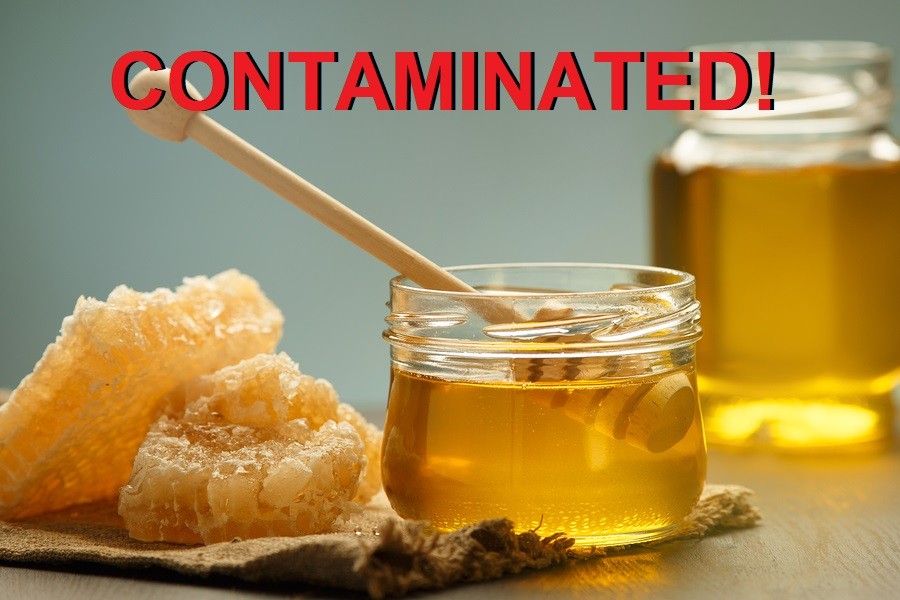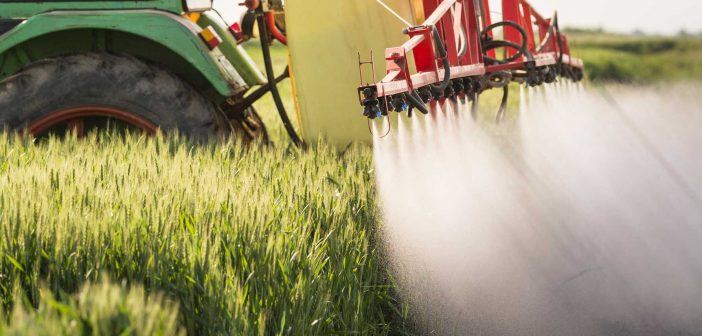Bayer Hit with Another Glyphosate Causing Cancer Verdict for $2 Billion – Wants U.S. Congress to Give them Same Legal Liability Protection Big Pharma has for Vaccines
Bayer has been ordered to pay $2.1 billion in damages by a jury in the U.S. state of Georgia, because their product, which they inherited from Monsanto, the RoundUp herbicide with glyphosate, was determined to cause cancer in the plaintiff. Bayer has already paid out $10 billion in other lawsuits where it was determined that glyphosate in RoundUp caused cancer, and there are still 60,000 cases pending. Bayer has reportedly told members of Congress that they might stop selling RoundUp if they don't give them legal immunity from these lawsuits, just like Big Pharma has done with vaccine injuries and deaths, due to the same threat that vaccine producers made to Congress in the 1980s, when they passed a bill and had Ronald Reagan sign it into law, the National Vaccine Injury Compensation Program, which still stands today and gives Big Pharma legal immunity for any injuries or deaths that their vaccines cause. Without this legal protection, they threatened to stop producing vaccines back in the 1980s, because they could not survive in the market without it, as so many lawsuits were pending against them for vaccine injuries and deaths. Bayer is now apparently making the same threat, because with all of these lawsuits, they cannot survive in the market. Do you think the U.S. Congress will oblige, as they did in the 1980s when they gave Big Pharma legal immunity for deaths and injuries caused by vaccines?




